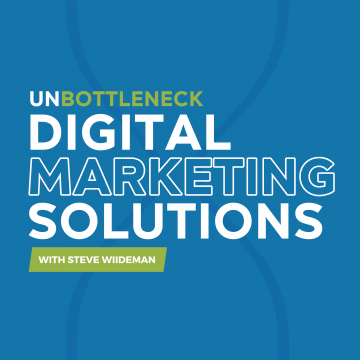There is good scientific evidence that suggest that much of the cognition and memory taking place in our brains uses metaphors and stories to connect new information to our memories. When optimizing for the experience of humans consuming your content, storytelling can be your most valuable optimization skill.
Is storytelling good SEO?
Semantically algorithms understand the nuance of natural speech. They are also getting very good a reading user interaction and engagement. Strong social signals may not directly affect rank today, but we can assume that more engaged readers will be noticed and incorporated sometime soon.
In nearly every algorithm change it becomes more important to create a good experience for humans rather than engineer keywords and mechanical constructs.
You can’t just market with data alone. Use your data to tell a story that will spark emotions in people. Here’s an interview explaining how businesses can incorporate storytelling in their marketing content:
More Tips for better storytelling
- Keep your keywords in mind. It is still good to make a page that contains words and themes that match your topic. The difference today is you don’t need to be constrained by rules to put certain words and phrases in X number of times.
- The more natural a story sounds in the mind of readers, the easier it is for human readers to comprehend. Ultimately, we want humans to read our content. Google and other search engines know this and want to satisfy their users. Tricks from the past may occasionally work but you can be sure that programmers are looking for any patterns or unengaged readers… They are getting close to understanding text that is unnatural. You mine as well write for humans.
- Expect skimming. Tell your story in as simple terms as possible. Be authentic, like you’re talking to a friend.
- Get down to the essence of a message you want to convey, practice telling that story until it becomes a part of every conversation.
The facts are easy to find online. What we all want is an engaging story.




